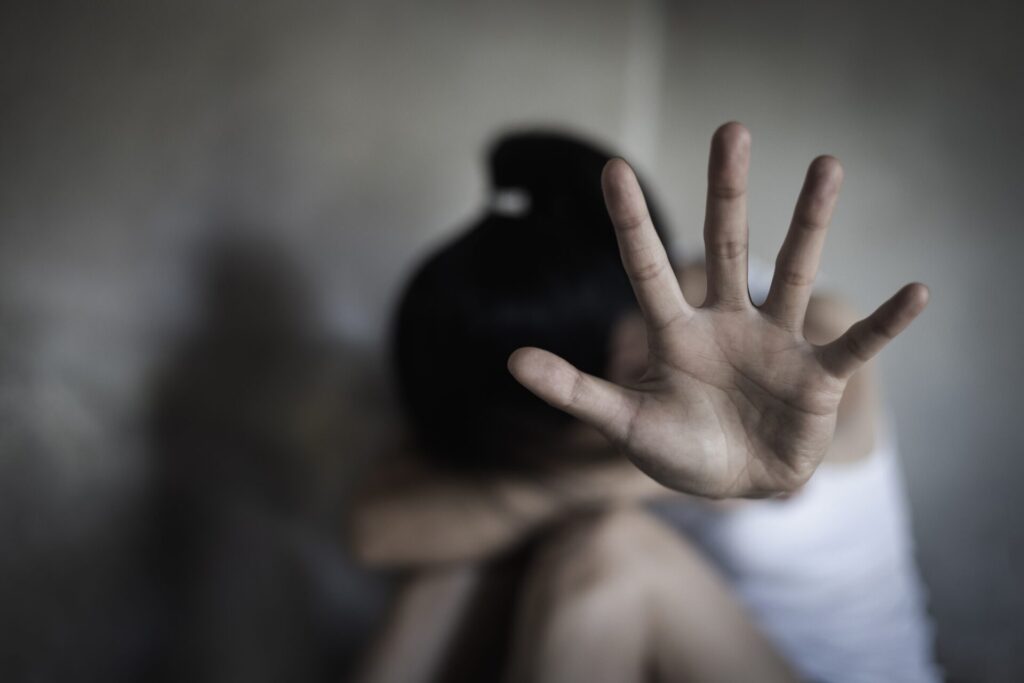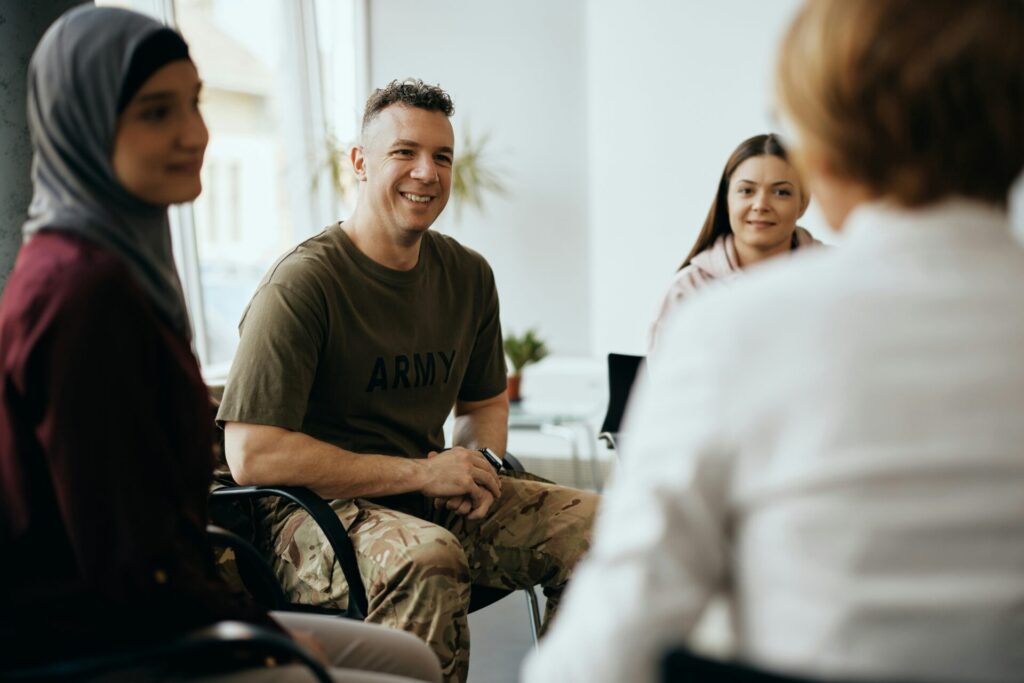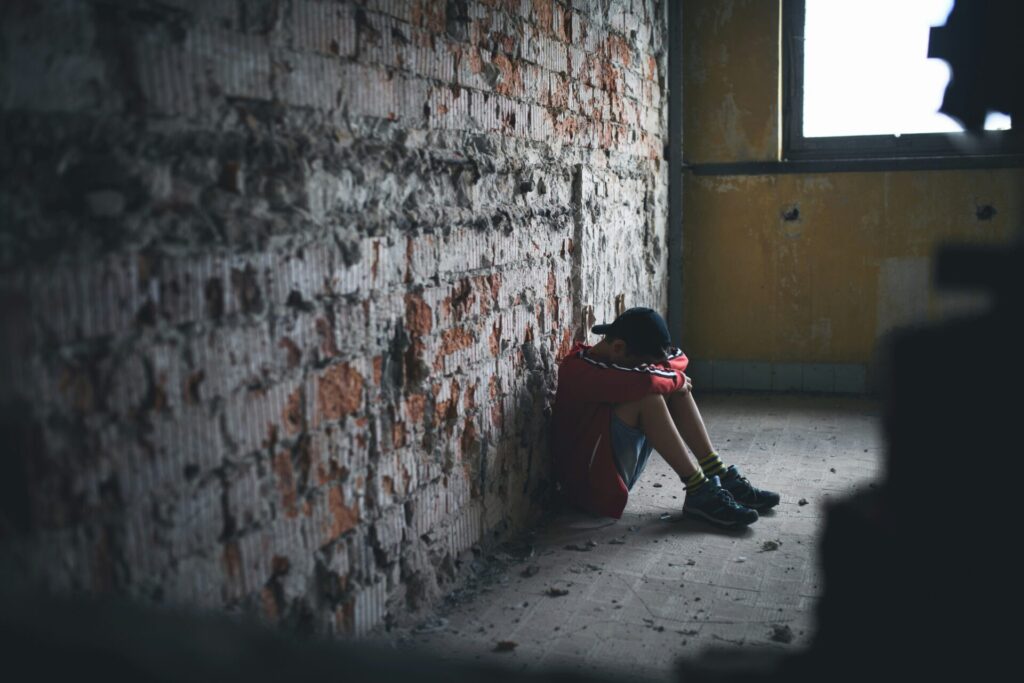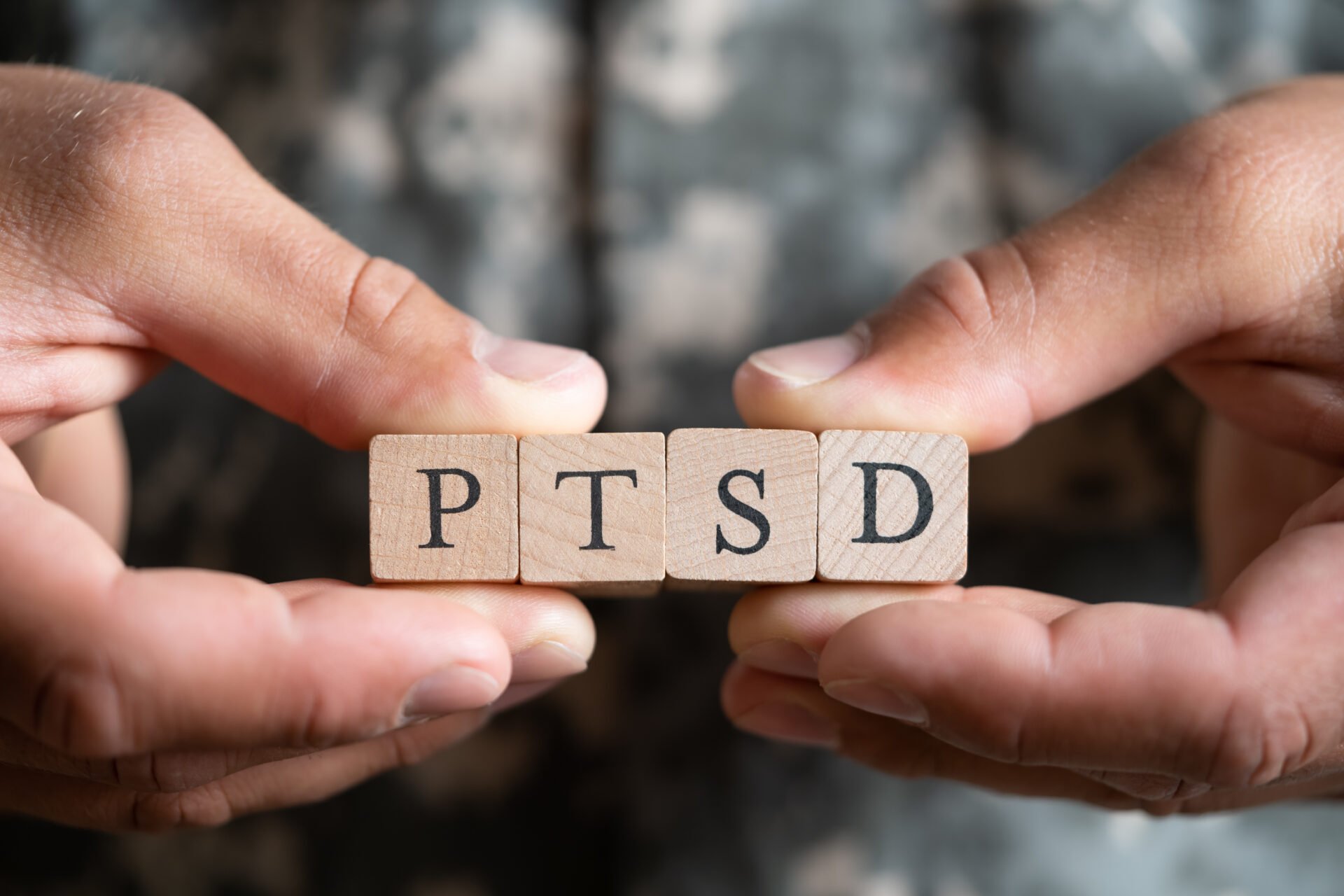Living alone in a city can feel empowering. However, it often brings unique mental health challenges for those navigating post-traumatic stress disorder (PTSD). The constant noise, crowded spaces, and endless social demands can amplify anxiety, hypervigilance, and emotional numbness. This can make daily life feel overwhelming.
Effectively managing PTSD in an urban environment requires awareness and proactive strategies. The World Health Organization reports that nearly 70 per cent of people globally encounter at least one potentially traumatic event during their lives. Despite this, only a small percentage develop clinically significant PTSD with approximately 3.9 per cent globally experiencing it at some stage in life.

These numbers highlight that while PTSD is relatively uncommon, being aware of its symptoms and risks is essential.
Here are some thoughtful PTSD strategies for those living independently in urban environments.
The Urban Landscape and Its Impact on PTSD
City life brings energy, opportunity, and excitement, but it also comes with constant noise, busy crowds, and social pressure. For someone managing PTSD, these everyday stressors can heighten feelings of anxiety. Studies show that urban living can take a toll on mental health, making it important to find ways to balance the challenges with support and coping strategies.
For instance, a study on ResearchGate revealed how urban factors affect psychiatric symptoms. The study found that social deprivation, air pollution, dense street networks, and urban land-use were linked to heightened symptoms.

Many PTSD cases are directly linked to prior road traffic accidents, according to a Taylor & Francis study. However, such a correlation is more common for residents of cities like Colorado Springs, where road accidents occur frequently. A recent two-vehicle crash on I-25 near Colorado Springs killed one person, and a passenger had to be airlifted to the hospital.
Such accidents can leave lasting emotional and psychological scars on victims. In these situations, consulting a Colorado Springs auto accident attorney becomes essential to navigate complex legal proceedings. Experienced attorneys help victims address financial challenges by securing rightful compensation and ensuring their rights are fully protected.
Springs Law Group emphasises that recovering from an auto accident extends beyond physical recovery. Victims often struggle with medical expenses, income loss, and continued rehabilitation needs. These local attorneys can guide them through the claims process and ensure proper documentation is submitted.
The Dangers of Isolation
Living alone can sometimes deepen feelings of loneliness, which may make mental health challenges harder to manage. A study in JAMA Network found that adults with depression or anxiety who lived alone faced a higher risk of suicide. For middle-aged individuals coping with PTSD, isolation can be an added vulnerability.
Regular social interaction plays a big role in keeping emotions balanced. Without it, it’s easy to get stuck replaying difficult experiences, which can fuel anxiety and disturb sleep. For people with PTSD, the lack of steady support can make symptoms worse and deepen the cycle of isolation.

Breaking isolation takes a bit of effort, but small steps can make a big difference. Joining a support group, attending therapy, or getting involved in community activities can ease loneliness. Even simple check-ins with friends or professionals provide stability and reassurance. Over time, these connections help rebuild confidence and lighten the weight of living alone with PTSD.
Coping Strategies
Managing PTSD while living alone in the city can be tough, but practical strategies can make daily life feel more manageable. Blending simple self-care habits with professional support creates a more balanced, holistic approach to mental well-being.
Effective ways to manage PTSD:
- Engage in regular physical activity, such as walking, yoga, or home workouts, to release tension.
- Practice mindfulness techniques, including meditation or deep-breathing exercises, to manage anxiety.
- Keep a journal to process emotions and track symptom patterns over time.
- Set small, achievable goals, like preparing meals or organising living spaces, to foster control.
- Pursue hobbies or creative projects to channel emotions productively and enhance mood.
These strategies can help people build resilience, stay steady, and manage urban life with PTSD a bit more easily. With regular practice things can definitely get better.
Children with PTSD
Coping with PTSD can be particularly challenging for children and teens, who often find it difficult to articulate their feelings. Symptoms such as flashbacks, heightened alertness, avoidance behaviours, and anxiety can disrupt everyday routines, academic performance, and social growth.

PTSD in children and adolescents arises from exposure to severe danger, interpersonal violence, or abuse. It often results in significant emotional and behavioural disturbances that can affect daily life and development. These disturbances can jeopardise long-term development if not addressed with age-appropriate therapeutic approaches.
Recent research emphasises that interventions should be tailored specifically for children and adolescents to achieve effective symptom management. A study in MDPI research shows that Trauma-focused Cognitive Behavioral Therapy is highly effective in reducing PTSD symptoms in the young. Structured therapy, play-based interventions, and coping skills development help children regain emotional stability and resilience.
Using these proven methods provides solid support for mental well-being. The results really show how important it is for young people to get professional help in managing PTSD and boosting their recovery over time.
FAQs:
1. How can living alone affect PTSD symptoms?
Living alone can increase feelings of isolation, rumination, and anxiety. Without regular social support, PTSD symptoms may intensify, including hypervigilance, emotional numbness, and sleep disturbances. Engaging with professionals or support networks can help manage these challenges effectively.
2. How can individuals build resilience and maintain support while managing PTSD alone?
Establishing routines, practicing mindfulness, exercising, journaling, and setting achievable goals are effective ways to strengthen resilience. Coupling these strategies with therapy and support networks helps individuals process trauma, regain stability, and maintain emotional well-being while living alone.
3. Are there resources available for individuals with PTSD living alone in urban areas?
Yes, individuals living alone with PTSD in urban areas can access therapy centers and specialized support groups. Online forums and community programs also provide opportunities to share experiences and learn effective coping strategies. Professional guidance from mental health experts helps manage trauma symptoms and build long-term resilience.
Living alone in a city with PTSD is challenging but manageable with proper strategies. Understanding environmental triggers, addressing isolation, building routines, and fostering connections are essential for recovery. Engaging with professionals and supportive communities allows individuals to regain control, find purpose, and improve overall well-being.









